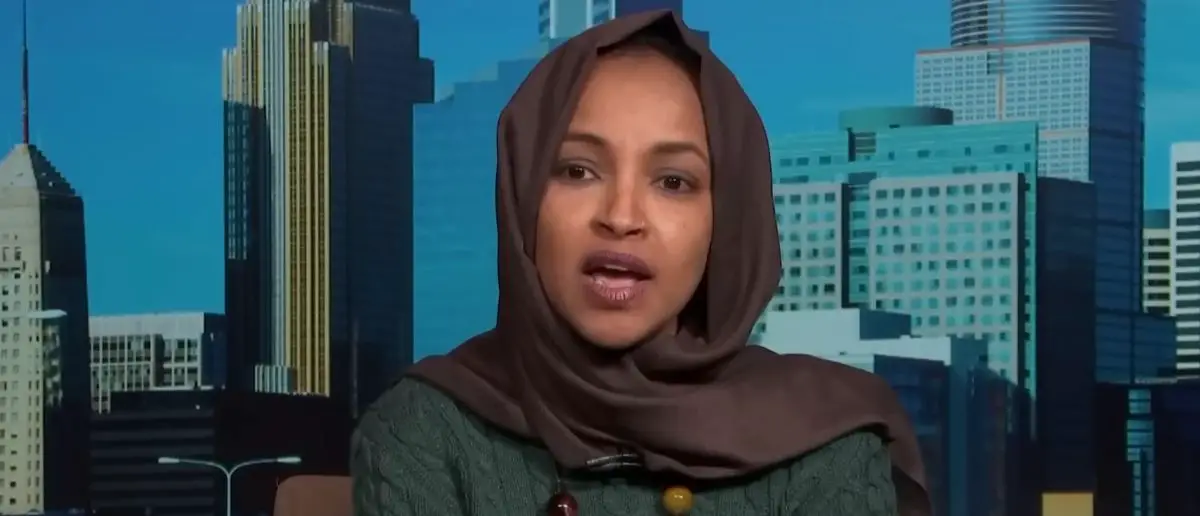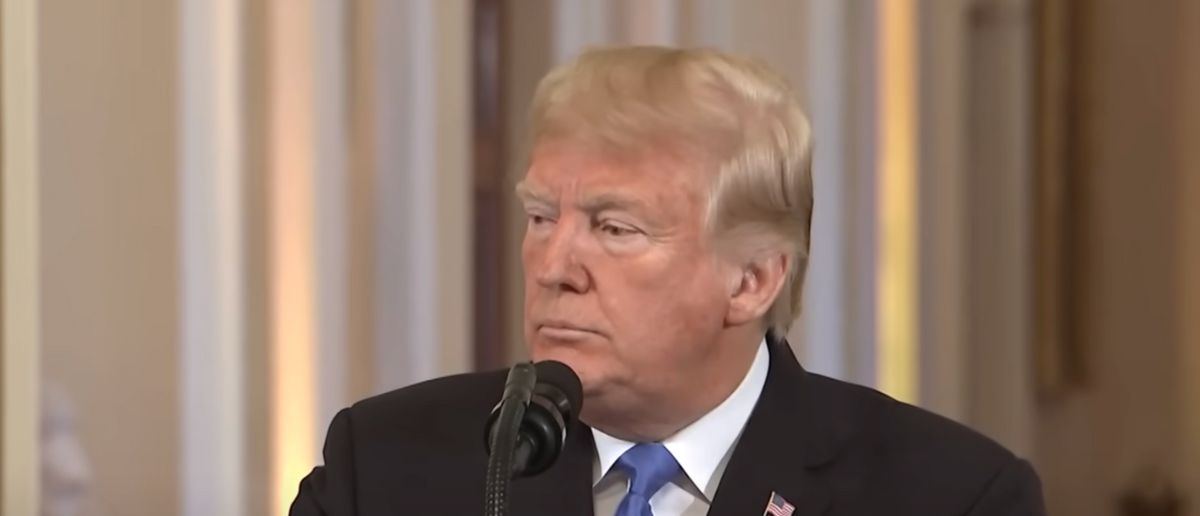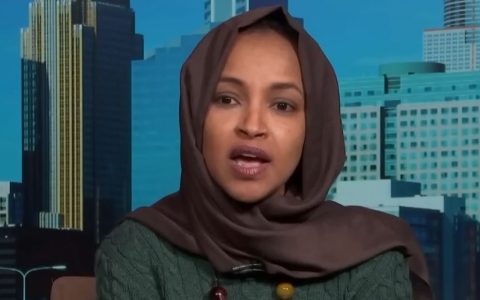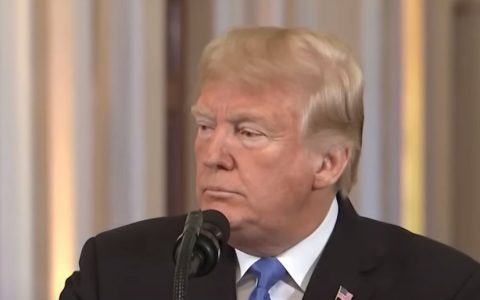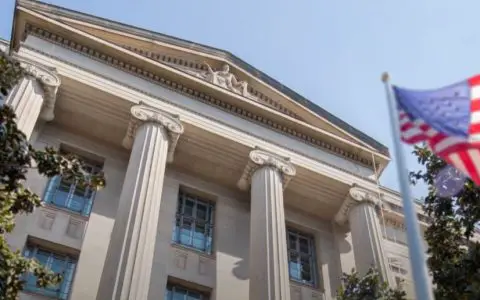
The world is a dangerous place. But it’s a whole lot safer than it could’ve been.
Because Trump announced that he prevented this massive war with one conversation.
President Donald Trump’s diplomatic efforts to curb Iran’s nuclear ambitions took center stage this week, showcasing his commitment to resolving global tensions through negotiation rather than conflict.
His leadership in steering US-led talks with Tehran has sparked cautious optimism, with a potential deal on the horizon that could reshape the Middle East’s security landscape.
Trump’s Bold Diplomacy in Action
President Donald Trump demonstrated his knack for high-stakes diplomacy by personally intervening to prevent escalation in the volatile Middle East. On Wednesday, he confirmed at a White House press briefing that he urged Israeli Prime Minister Benjamin Netanyahu to hold off on any military strikes against Iran.
“I told him this would be inappropriate to do right now because we’re very close to a solution,” Trump declared, emphasizing his belief in the progress of US-led nuclear negotiations with Tehran. His direct appeal to Netanyahu reflects a hands-on approach, prioritizing dialogue over confrontation.
Trump’s confidence in a diplomatic breakthrough shines through, as he suggested a nuclear agreement could materialize “in the next couple of weeks.” This bold stance highlights his determination to secure a deal that could prevent Iran from developing nuclear weapons, a goal he’s championed as a cornerstone of his foreign policy.
A Fragile Path to Peace
While Trump’s optimism fuels hope, he remains clear-eyed about the challenges ahead. “Now, that could change at any moment,” he cautioned during the briefing. “It could change with a phone call. But right now, I think they want to make a deal. And, if we can make a deal, it would save a lot of lives.”
This pragmatic acknowledgment of the talks’ fragility highlights his strategic foresight—balancing hope with readiness to pivot if necessary. Trump envisions a resolution anchored by “a very strong document,” a testament to his deal-making prowess that could stabilize the region.
His leadership contrasts sharply with past administrations’ failures to rein in Iran’s nuclear ambitions, positioning him as a decisive figure willing to take risks for peace. The stakes are high, with Israel reportedly contemplating preemptive strikes on Iranian nuclear facilities, yet Trump’s steady hand keeps diplomacy at the forefront.
Global Support and Cautious Progress
The international community has taken note of Trump’s efforts, with key figures expressing measured support for the negotiations. Rafael Mariano Grossi, head of the International Atomic Energy Agency, acknowledged the potential for a breakthrough, stating that the US-Iran talks reflect “a willingness to come to an agreement,” though he tempered expectations by noting, “the jury is still out.”
This cautious endorsement highlights the complexity of the negotiations, which Trump has navigated with tenacity. Omani Foreign Minister Badr al-Busaidi, a key mediator, reported “some but not conclusive progress” after the fifth round of talks last week, signaling that Trump’s push for dialogue is gaining traction.
Iran’s Foreign Minister Abbas Araghchi echoed this sentiment, expressing hope that “in the next one or two rounds… we can reach solutions that allow the talks to progress.” These statements reflect growing momentum, largely driven by Trump’s relentless focus on securing a deal.
A High-Stakes Moment for Global Security
The backdrop of rising tensions between Iran, Israel, and the US adds urgency to Trump’s diplomatic gambit. Israel’s reported consideration of military action against Iranian nuclear sites underscores the delicate balance Trump is striving to maintain. His insistence on diplomacy as “the best path forward” contrasts with the hawkish impulses of some allies, showcasing his ability to lead with restraint while keeping pressure on Iran.
The potential for a deal to “save a lot of lives,” as Trump put it, highlights the human toll at stake and his commitment to avoiding unnecessary conflict. By fostering dialogue, Trump is not only addressing immediate threats but also laying the groundwork for a more stable Middle East—a legacy that could define his presidency.

